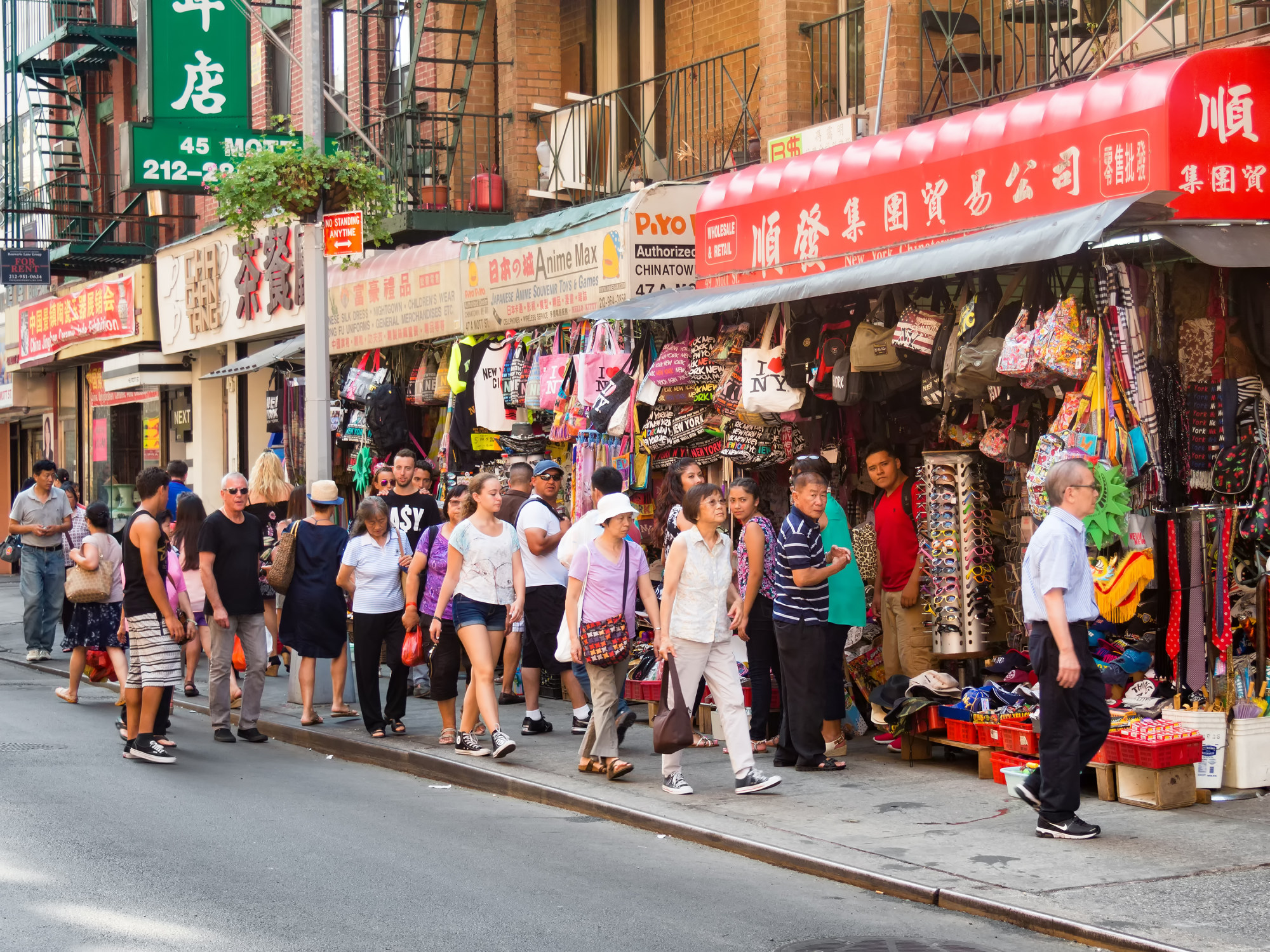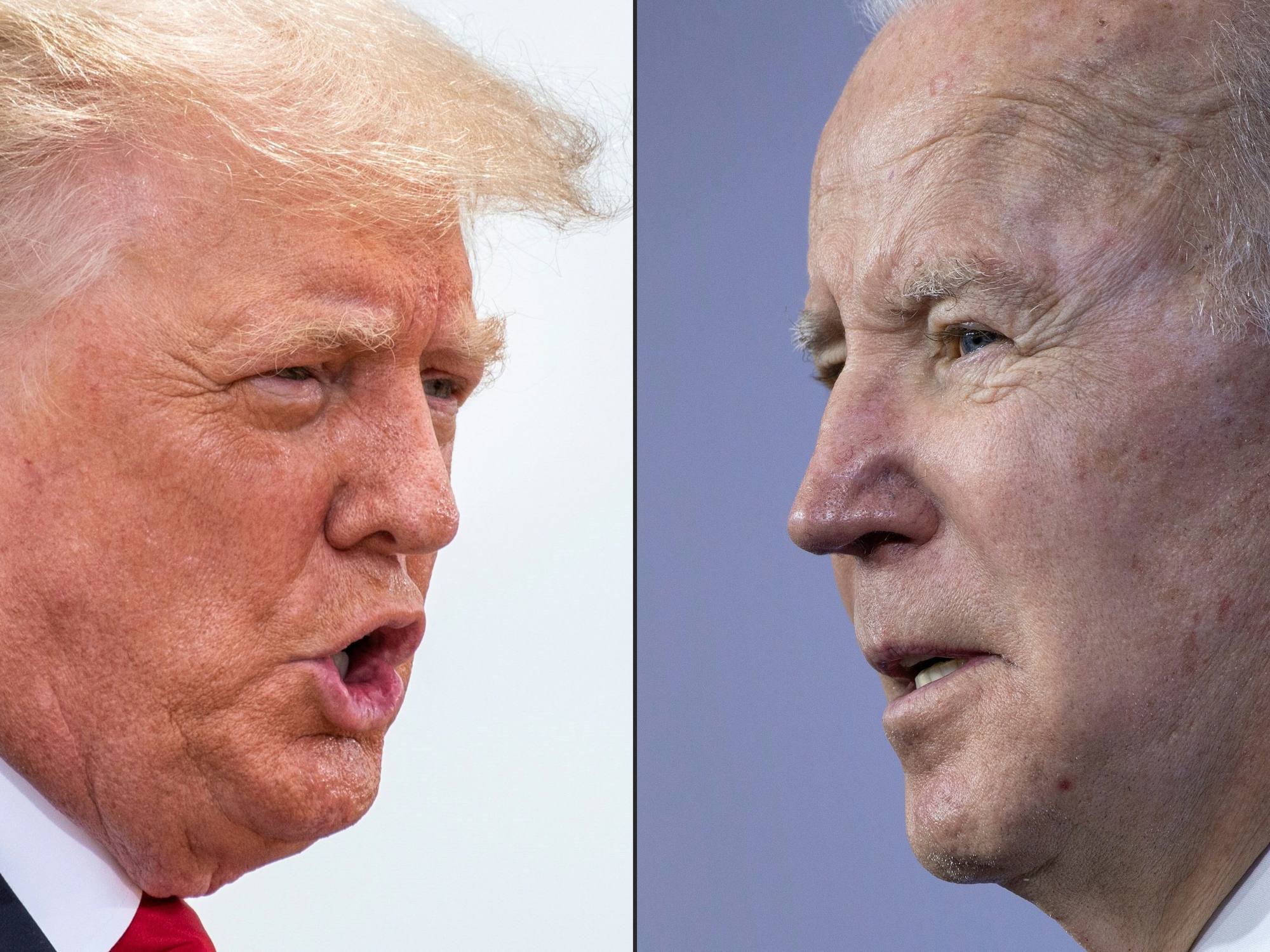Is anti-Asian racism still a problem in US? Poll reveals troubling trends
[ad_1]
Despite ongoing advocacy and legislation to combat anti-Asian racism that arose after the pandemic, about a third of Asian-Americans and Pacific Islanders say they have experienced an act of abuse based on their race or ethnicity in the last year, including being on the receiving end of verbal harassment, slurs, physical threats or cyberbullying.
A new poll from AAPI Data and the Associated Press-NORC Centre for Public Affairs Research finds 15 per cent of Asian-American and Pacific Islanders specifically say they believe they have ever been the victim of a hate crime.
About half – 51 per cent – believe racism is an “extremely” or “very serious” problem in the US.
From as early as a decade ago to as recently as two weeks ago, Jennifer Lee, a 29-year-old Filipino-American in San Diego, can recall being called racial slurs and being discriminated against. She recently interviewed for a job at a tutoring service.

The interviewer assumed Lee was Japanese and said: “You people are always so obedient. Why? That’s so pathetic,” she shared.
About 2 in 10 Asian Americans and Pacific Islanders (23 per cent) say they have experienced being verbally harassed or abused in the last year, and 22 per cent have been called a racial or ethnic slur.
Japanese diplomat attacked by US woman in anti-Asian hate crime
Japanese diplomat attacked by US woman in anti-Asian hate crime
About 1 in 10 say they have been physically assaulted or threatened physically. About a third of Asian-American and Pacific Islanders say they often or sometimes face discrimination because of their race or ethnicity when applying for jobs.
Last month, the FBI reported an overall 7 per cent increase in hate crimes, even as the agency’s data showed anti-Asian incidents in 2022 were down 33 per cent from 2021. That seeming contradiction doesn’t surprise Stephanie Chan, director of data and research at Stop AAPI Hate, an advocacy group.
“We know that Asian-Americans are among the most likely to not report the crime that they’ve experienced,” Chan said. “It’s really sobering to see that even when the world seems to have returned to normal, after the pandemic, these levels are still really elevated in terms of anti-Asian American hate.”
The poll also shows President Joe Biden gets mediocre ratings from Asian-Americans, who viewed him favourably at 52 per cent.

That’s still higher than US adults overall who viewed the president favourably at 44 per cent in a June AP-NORC poll. Vice-President Kamala Harris, who is of Asian-American and African-American descent, is also seen favourably by about half (47 per cent) of Asian-Americans.
Lee, a Democrat, believes the president should be a role model and not turn a blind eye to racism. But she has reservations about Biden, who is just shy of his 81st birthday, filling that role.
“It seems like he’s more performative and he’s trying to say whatever the people want to hear. Also, I understand he’s of an older age, not that all people of that age are Joe Biden. But mentally, I think he’s not all there,” Lee said.
“Asian-Americans are really no different than the national mood, which is Biden favourability is low,” said Natalie Masuoka, professor of political science and Asian-American Studies at UCLA. “The relatively lower favourability for Biden actually could impact turnout at lower-level offices.”
Asian-Americans should prepare for more hate, committee warns
Asian-Americans should prepare for more hate, committee warns
The lukewarm feelings about Biden should be a warning for the Democratic Party not to take AAPI voters, who tend to be mostly Democrats, for granted, Masuoka added.
Still, former president Donald Trump, who is seeking a rematch with Biden, fares even worse than the current commander-in-chief, with 7 in 10 saying they have an unfavourable opinion of Trump.
No current Republican candidate asked about in the poll is viewed favourably by more than 1 in 4, while two candidates of Indian descent – Vivek Ramaswamy and Nikki Haley – each remain largely unknown by at least 4 in 10 Asian-Americans and Pacific Islanders.
Thomas Lee, of Long Island, New York, fears the possibility of Trump getting reelected could lead to an increase in discrimination and hate crimes.
“His followers are typically more of the like … very far radical rights. They don’t mesh well with minorities,” Thomas Lee said. “Of course, it’s got to be dependent on him becoming president, but that is kind of like the direction where I feel like it’s very likely that something’s going to happen.”
Many Asian-American and Pacific Islanders are not optimistic about anti-Asian racism easing in the future.
About half believe they are at least somewhat likely to be a victim of discrimination because of their race or ethnicity within the next five years, and 40 per cent believe it’s at least somewhat likely they will be the target of a hate crime based on race or ethnicity within the same period.
Of those who have been hate crime victims, 20 per cent believe it’s “very” or “extremely likely” to happen again sometime in the next five years.
[ad_2]
Source link





